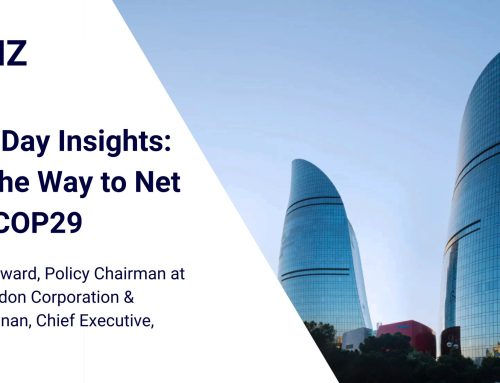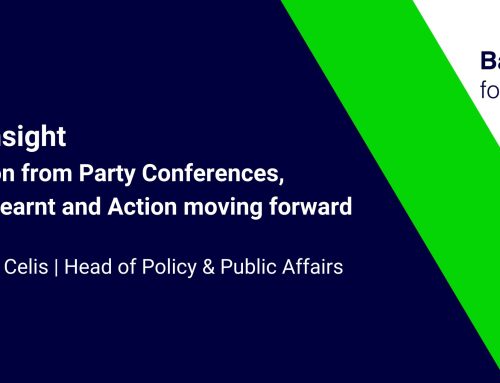11th July 2023
The International Sustainability Standards Board has issued its first two IFRS Sustainability Disclosure Standards: IFRS S1 General Requirements for Disclosure of Sustainability-related Financial Information (IFRS S1) and IFRS S2 Climate-related Disclosures. Both fully incorporate the recommendations of the Task Force on Climate-related Financial Disclosures (TCFD) as well as the industry-based disclosure requirements drawn up by the Sustainability Accounting Standards Board (SASB).
IFRS S1: General Requirements for Disclosure of Sustainability-related Financial Information
IFRS S1 provides a set of disclosure requirements designed to enable companies to communicate to investors about sustainability-related risks and opportunities as well as material information with the financial statements to meet investor information needs. Sustainability-related risks and opportunities that could affect the company’s prospects over the short, medium, and long-term include climate change, water use, land use, workplace health and safety, labour conditions in the value chain, and data security, among others. The definition of ‘material information’ is consistent with the definition of ‘material’ that applies to IFRS Accounting Standards. Therefore, information is material if “omitting, misstating, or obscuring it could reasonably be expected to influence investor decisions.”
IFRS S2: Climate-related Disclosures
IFRS S2, also known as Climate-related Disclosures, represents the ISSB’s inaugural topic-based standard. It mandates that an entity provides information concerning its vulnerability to climate-related risks and opportunities. These can include climate risks which impact the entity’s cash flows, access to financing, or the cost of capital in the short, medium, or long term. IFRS S2 is designed to be used with IFRS S1.
What happens next
Regarding next steps, both standards are effective for annual reporting periods beginning on or after 1 January 2024. During the first year of implementing IFRS S1 and IFRS S2, an entity has the option of utilizing the “climate first” transition, wherein it can provide solely climate-related disclosures.
The mandatory adoption of IFRS Sustainability Disclosure Standards relies on the endorsement or regulatory procedures specific to each jurisdiction. It’s important to note that the application of IFRS Sustainability Disclosure Standards is independent of the application of IFRS Accounting Standards. As a result, entities that follow IFRS Accounting Standards for financial reporting purposes are not currently obliged to adhere to IFRS Sustainability Disclosure Standards, and vice versa.
In the UK, in its Green Finance Strategy, the UK Government committed to establishing two advisory committees on integrated sustainability reporting in line with the International Sustainability Standards Board’s (ISSB) frameworks.
An important development for the disclosure of capital markets
Bankers for Net Zero welcomes the ISSB’s standards, which are a truly global baseline of disclosures that should be used to meet jurisdiction-specific requirements. For the UK, they represent a post-Brexit opportunity to be able to do something that is supported as an international solution. We call on all governments to adopt the IFRS S1 and IFRS S2 as the universal standards for evaluating corporate carbon performance and demonstrating progress towards achieving a net-zero business model. By doing so, financial institutions will be empowered to effectively manage their carbon footprint and provide investors with transparent evidence of their transformation towards sustainability. For financial institutions, the launch of the ISSB standards could mean the end of the alphabet soup of reporting frameworks. This will be critical to bring uniformity and clarity to the market by setting a global baseline for ESG reporting. We are delighted that the ISSB and IFRS Foundation have been engaged throughout the development of our Perseus programme to ensure full alignment between their standards and our reporting framework for SMEs.
Contact
Elena Pérez Celis,
Head of Policy & Public Affairs
E: elena.perezcelis@bankersfornetzero.co.uk
T: 07522124532



